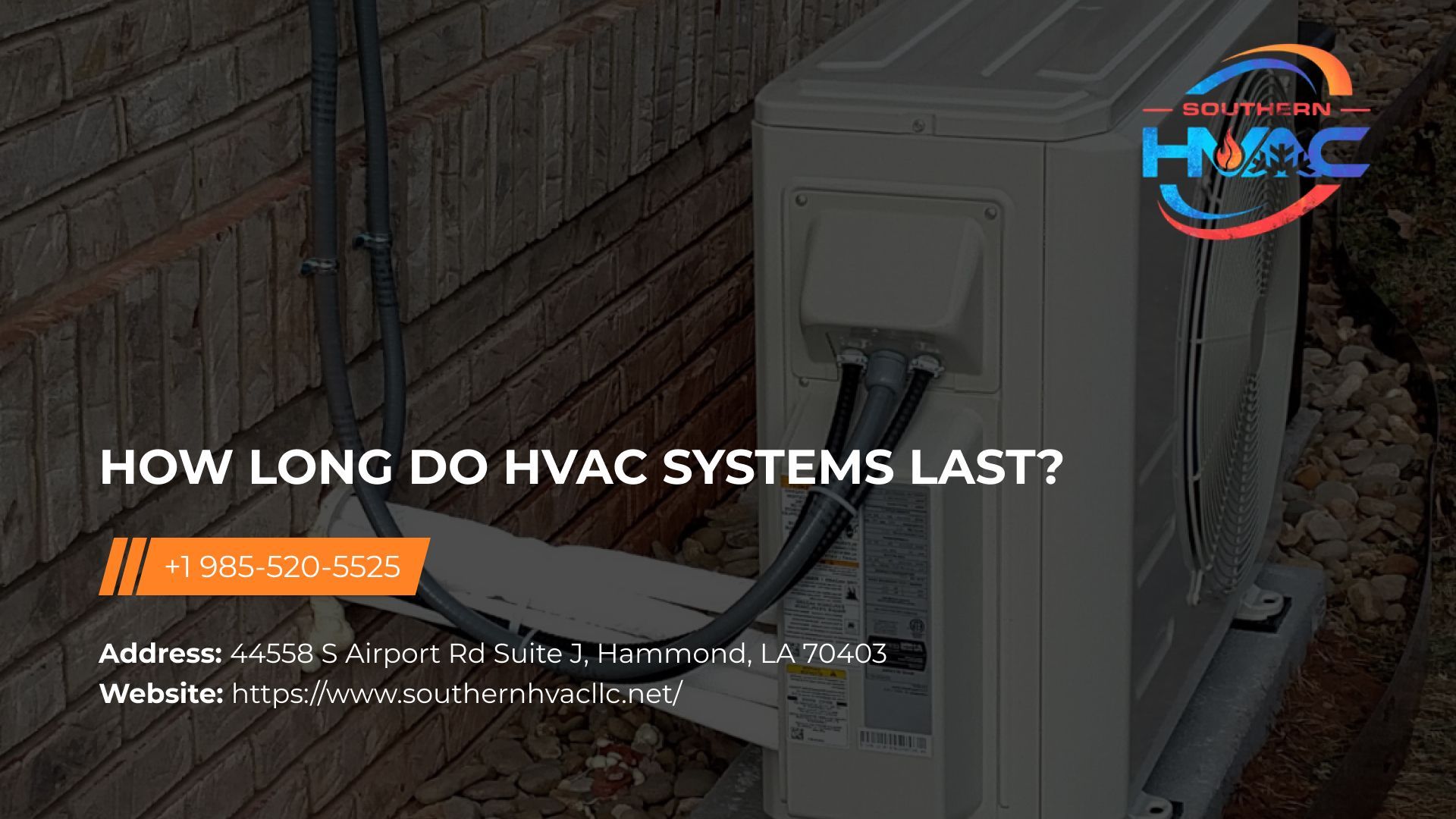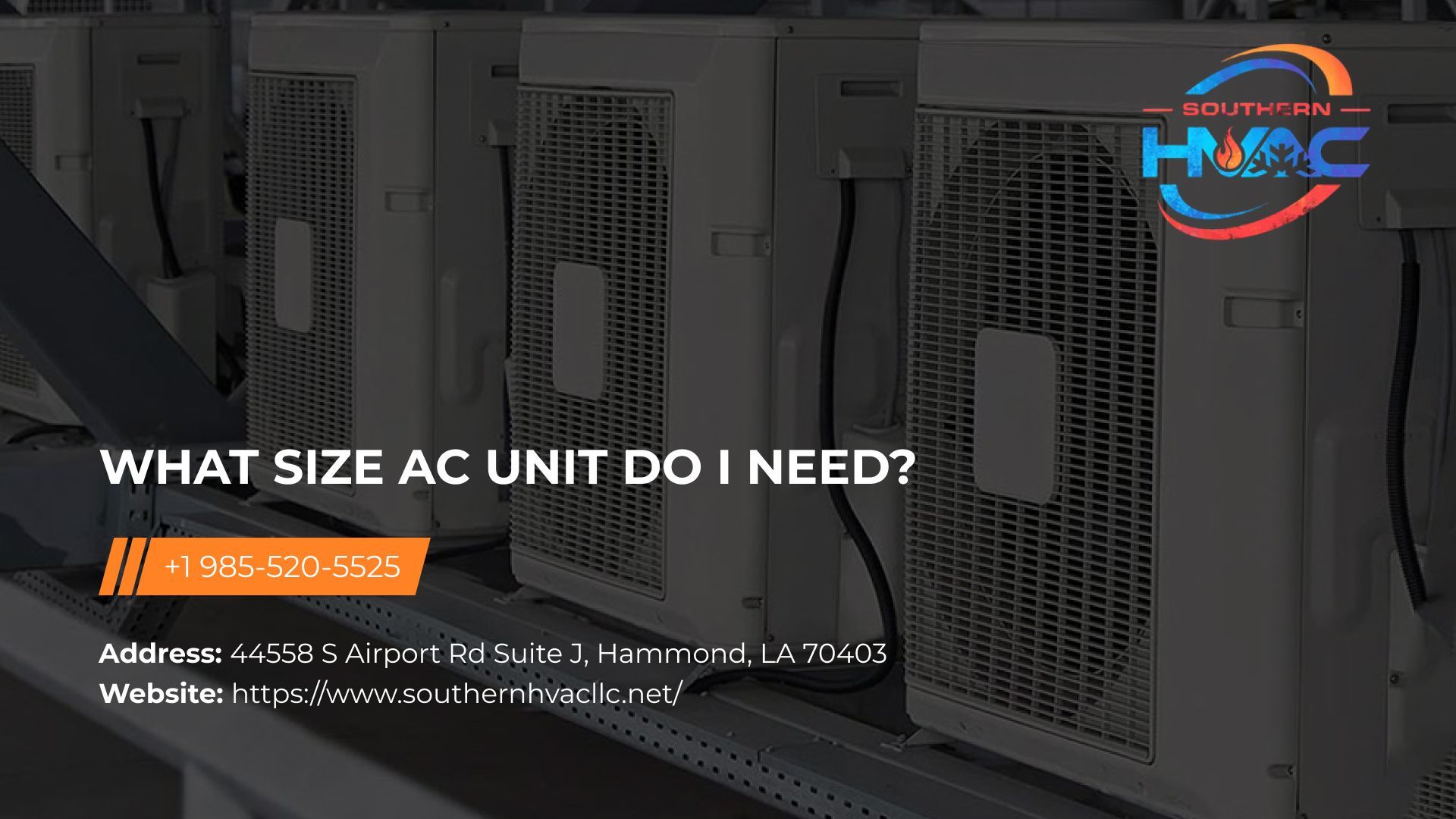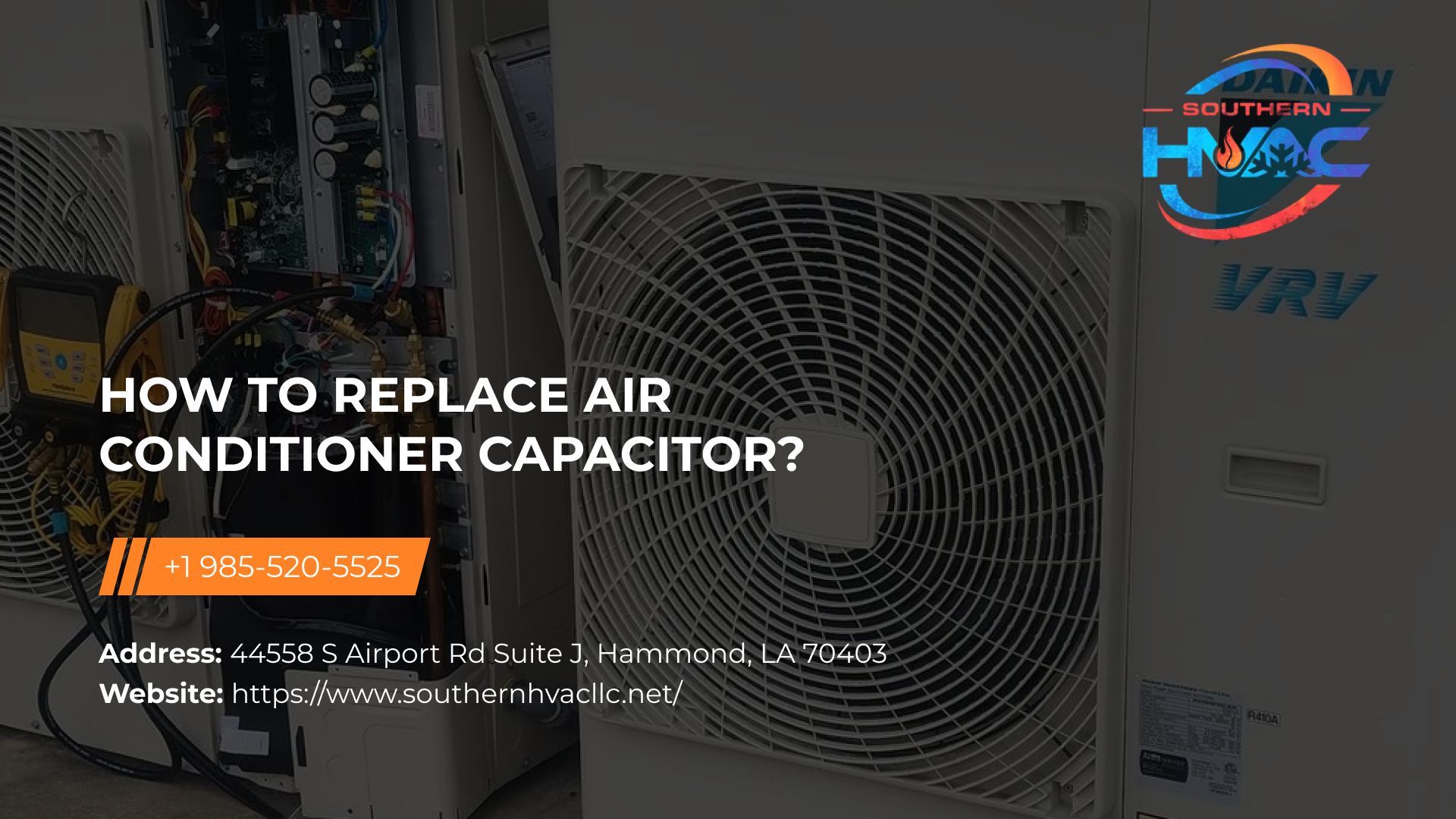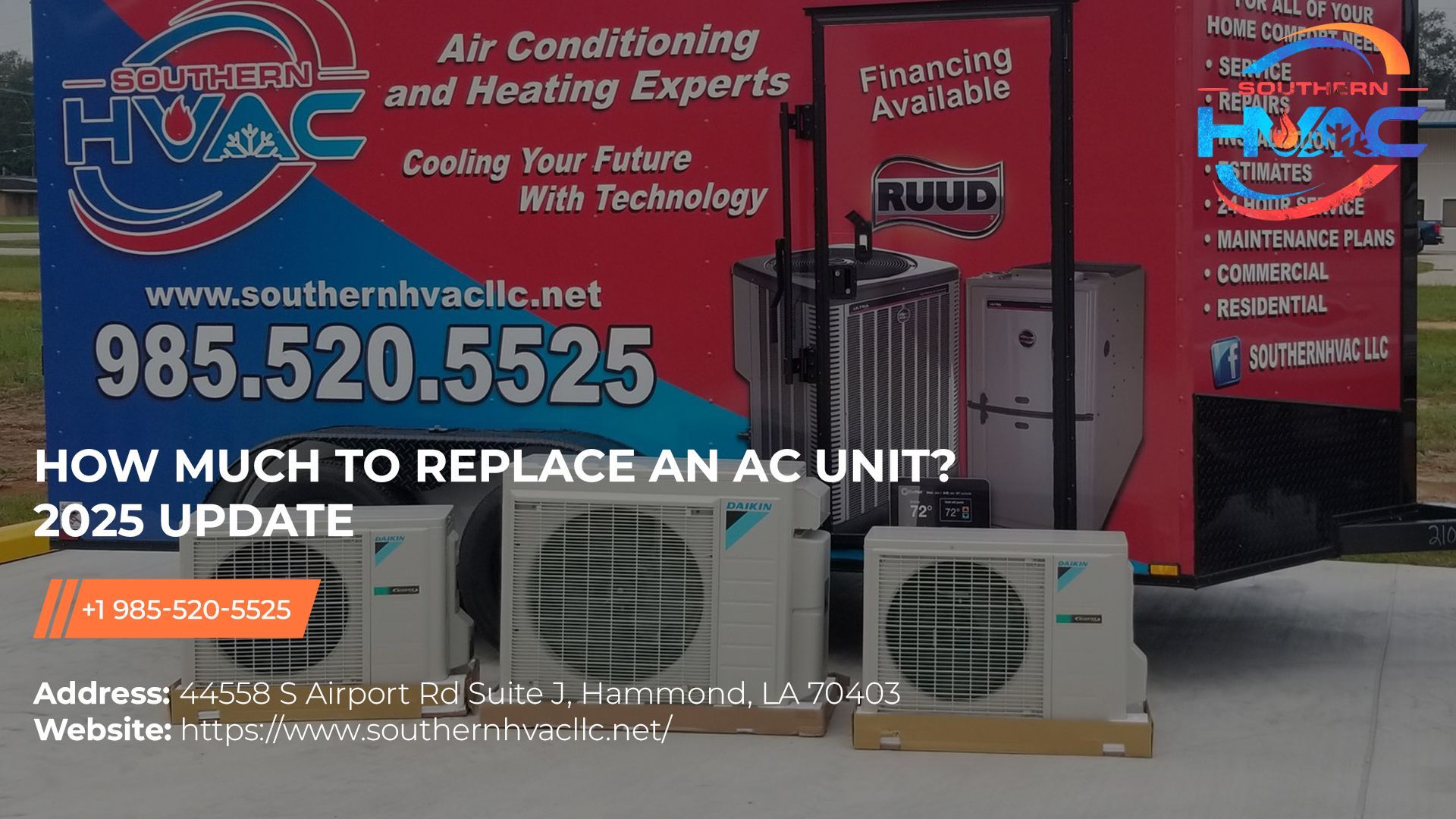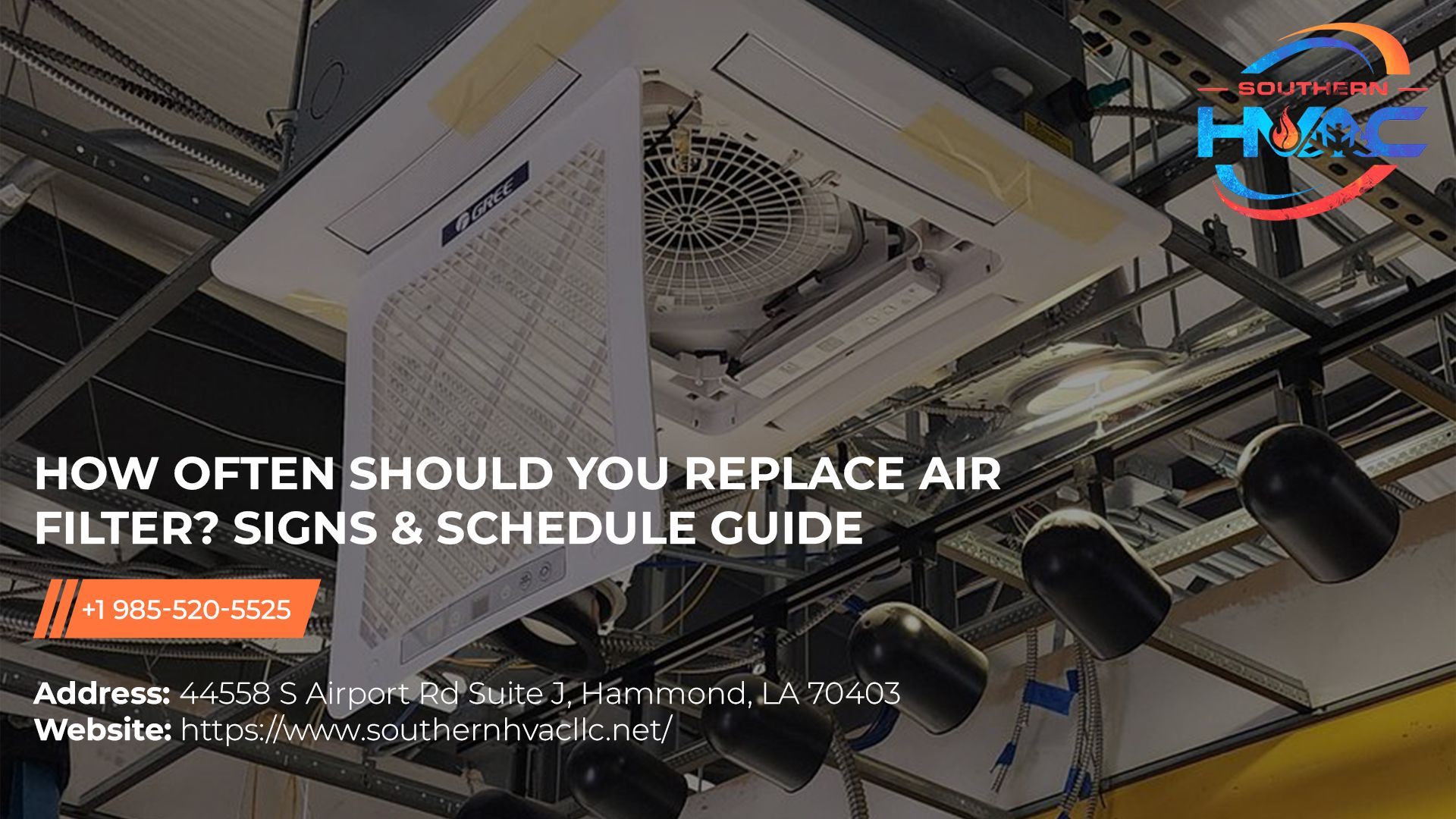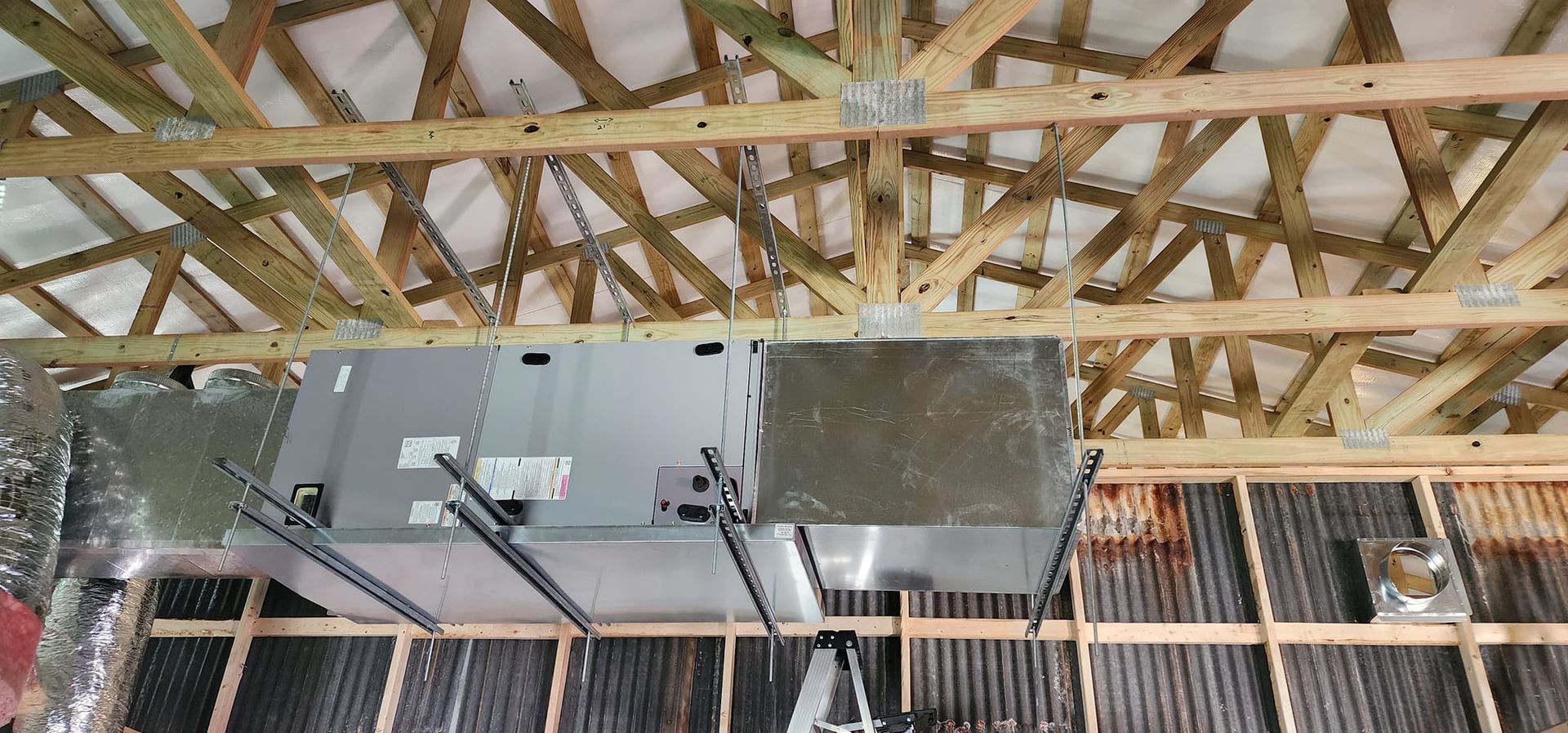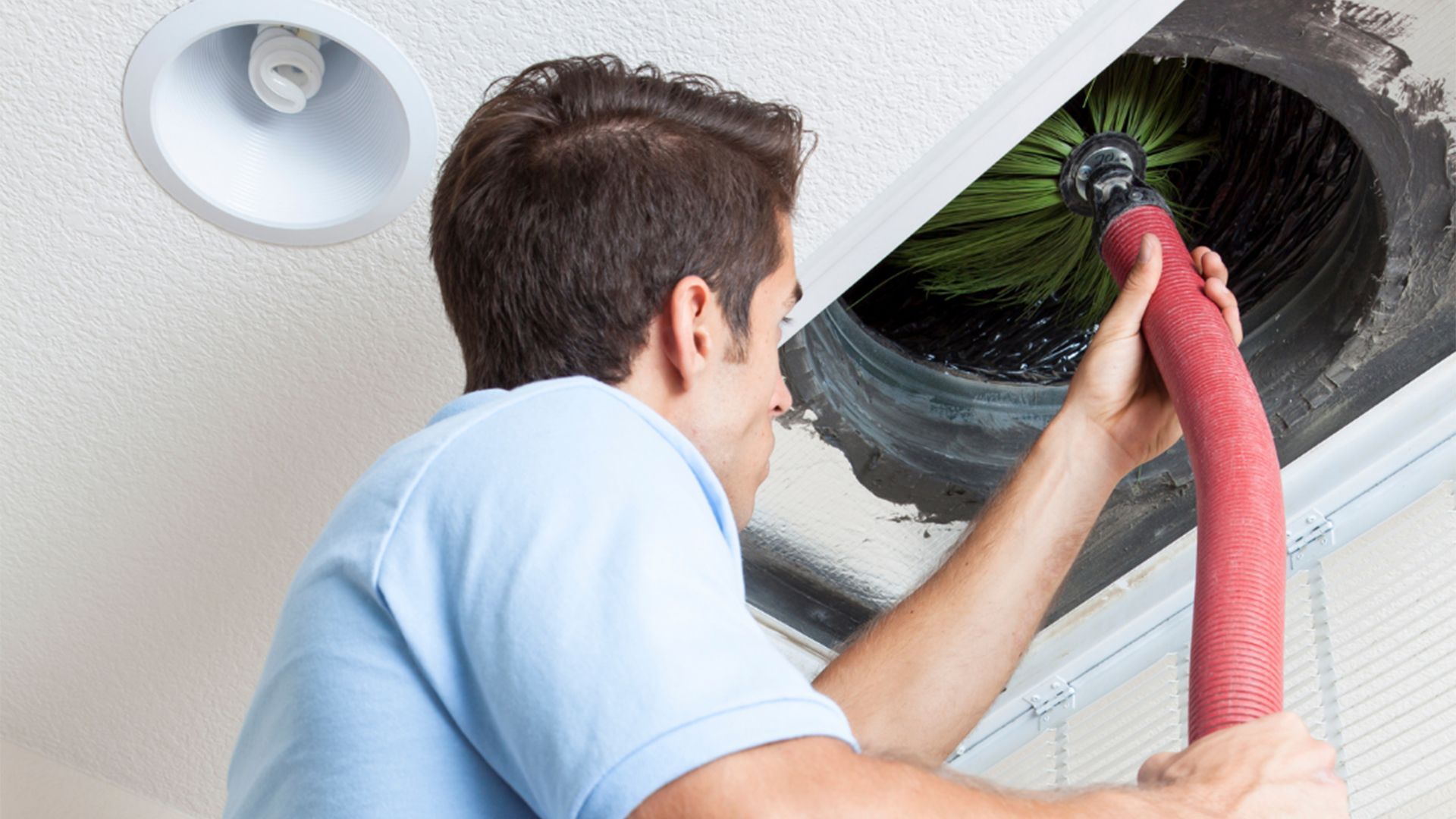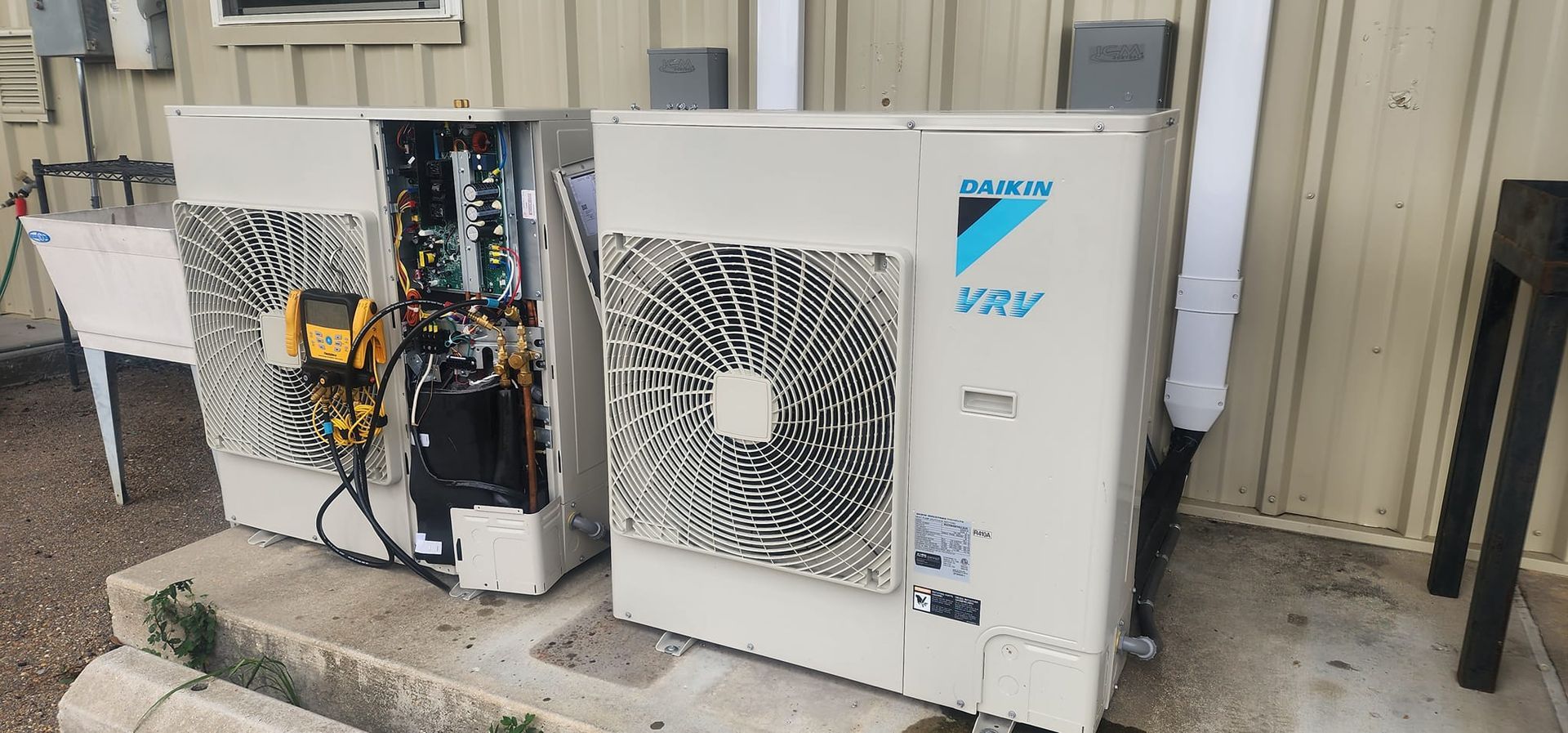Why Does My Furnace Keep Turning Off? Top Causes & Fixes
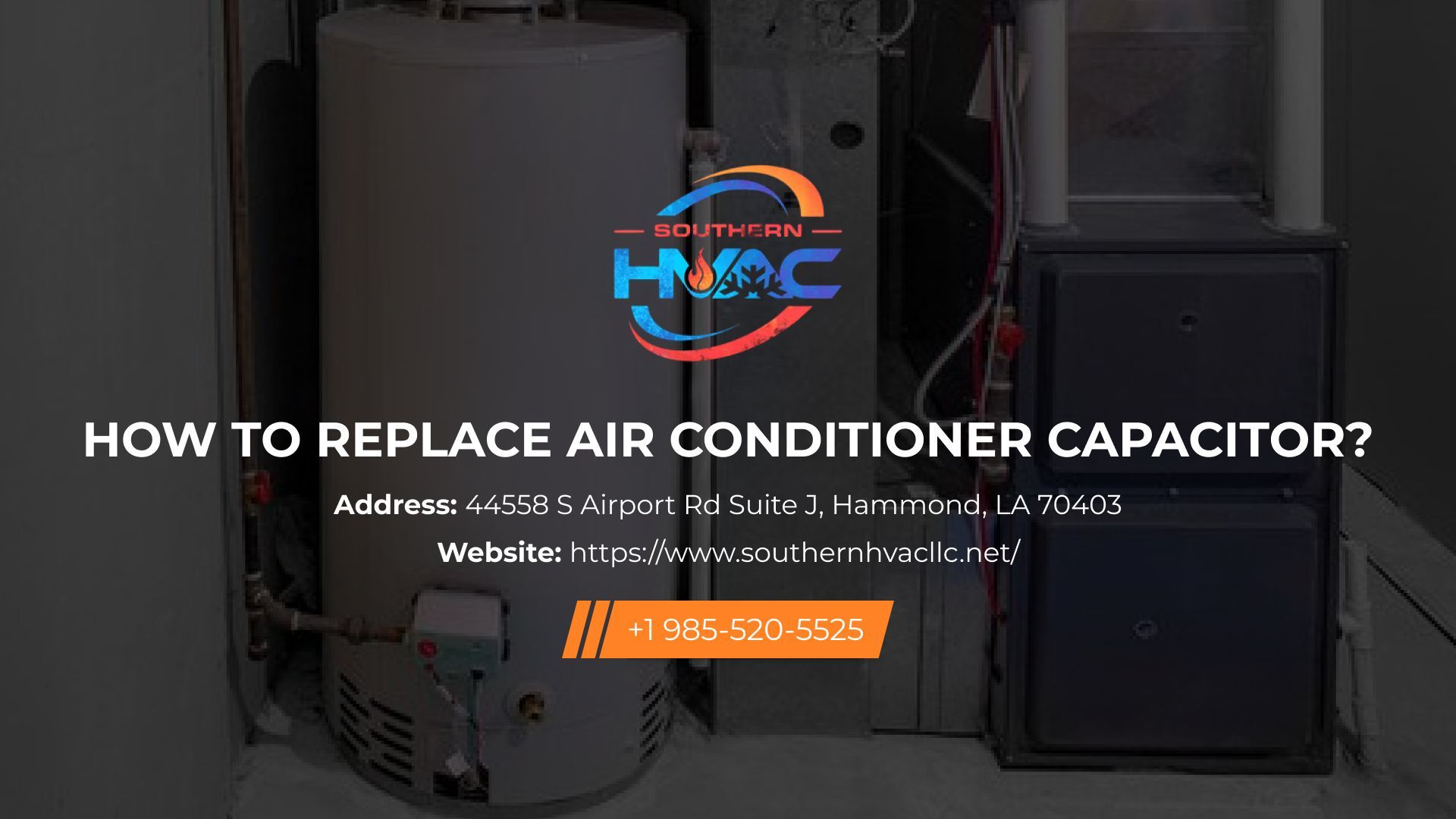
Heating cycles are constantly interrupted, which increases energy costs and causes discomfort. Many homeowners wonder, "Why does my furnace keep turning off, and heating cycles are too short?". Southern HVAC provides information on furnaces turning on and off, proper care to prevent short heating cycles, and ensuring safety and comfort.
Key Takeaways
- Dirtied air filters could reduce furnace efficiency by as much as 15% while doubling your energy costs.
- New thermostats improve efficiency and could reduce energy use by 10–15%.
- Soiled or rusty flame sensors and faulty blower motors are common short-cycling causes.
- Large-sized furnaces and clogged flues tend to develop high-frequency on-off operations and hazards.
- Routine HVAC maintenance avoids overheating, energy losses, and costly repairs.
- Professional inspections secure safe use and prolong the service life of heating systems.
1. Your Air Filter Is Clogged
Clogged air filters reduce heating efficiency by up to 15%, restricting airflow, causing the furnace to overheat, and increasing energy bills. Homeowners should replace furnace filters every 60 to 90 days, or every 30 to 45 days for homes with pets. Replacing air filters improves indoor air quality (IAQ) and helps the furnace operate efficiently without added stress on components.
For details on the proper replacement schedule, see our guide on how often to change your air filter.
2. Thermostat Problems
Faulty thermostats often cause furnaces to short-cycle due to mounting issues, dead batteries, or incorrect settings. Upgrading the thermostat can improve the system's performance, reduce energy use by 10 to 15%, according to ENERGY STAR recommendations.
3. Dirty Or Corroded Flame Sensor
A dirty furnace flame sensor can cause the system to fail to detect a flame and shut off the gas. You should choose a professional HVAC technician to clean or replace the flame sensor to restore safe, efficient furnace operation.
4. Furnace Overheating (High Limit Switch Trips)
Clogged ducts, dust buildup, or a faulty blower motor are some of the reasons “why does my furnace keep turning off”. Cracked heat exchangers and stuck dampers also contribute to shutdowns. Maintain and inspect your furnace annually to clean and repair any damaged parts early.
5. Exhaust Vent Or Flue Blockage
A clogged flue or chimney can also cause an unstable heating cycle. Additionally, a clogged vent can trap harmful gases inside the home, increasing the risk of carbon monoxide exposure for your family.
6. Furnace Too Large For Your Home
An oversized furnace creates rapid temperature changes and causes the furnace turning on and off. Therefore, it is important to properly size the heating system based on BTU load calculations and DOE guidelines for your home to ensure comfort and efficiency.
7. Electrical Or Blower Motor Issues
A faulty fan motor often causes uneven heating, loud noises, or short cycles. Uneven heating can be a sign of a faulty air circulation motor or a faulty electrical controller.
Additional Causes Of Furnace Short Cycling
Some less common furnace problems still contribute to short cycles. These situations often require in-depth diagnosis and professional service.
- Ignition System: A faulty ignition system causes a weak spark or ignition problem, interrupting the heating cycle.
- Burners: Dirty or misaligned burners reduce efficiency and flame quality, causing interruptions in the heating cycle.
- Dampers: A stuck damper will restrict airflow and cause overheating, resulting in unbalanced gas distribution.
- Expansion Tank: A faulty expansion tank creates pressure spikes in the water heating system.
Signs Of Short Cycling Furnace
Southern HVAC identifies signs of a short-cycling furnace early to prevent problems and avoid the confusion of the furnace turning on and off.
- High Energy Bills: Rising energy costs indicate an older heating system is consuming more energy than necessary, so you should hire a technician to inspect your heating system.
- Uneven Heating: Cold spots and drafts indicate leaky ductwork that increases energy loss and air flow imbalance.
- Frequent Stops: Constant shutdowns indicate performance issues and heat loss in the system.
- Cold Air Exhaust: Cold air blowing out highlights an imbalance between warm and cold air.
Schedule Your Heating Service Near Me Today
Are you worried about your furnace turning on and off? Schedule heating service near me today with Southern HVAC. Our 24/7 furnace repair near me restores safe, reliable comfort while reducing energy costs.
FAQs
What does AFUE mean?
AFUE measures the efficiency of a furnace by showing the percentage of fuel converted into usable heat.
How many BTUs does my home need?
Homes typically need 25 to 30 BTUs per square foot, depending on insulation and climate.
Are heat pumps more efficient than gas furnaces?
In temperate climates, traditional heat pumps are typically more efficient than gas furnaces.
Do ducts affect furnace efficiency?
Yes, leaky ducts can waste 20 to 30 percent of heated air and reduce comfort.
How often should a furnace filter be changed?
Experts recommend changing filters every 60 to 90 days, or more frequently in dusty environments.


